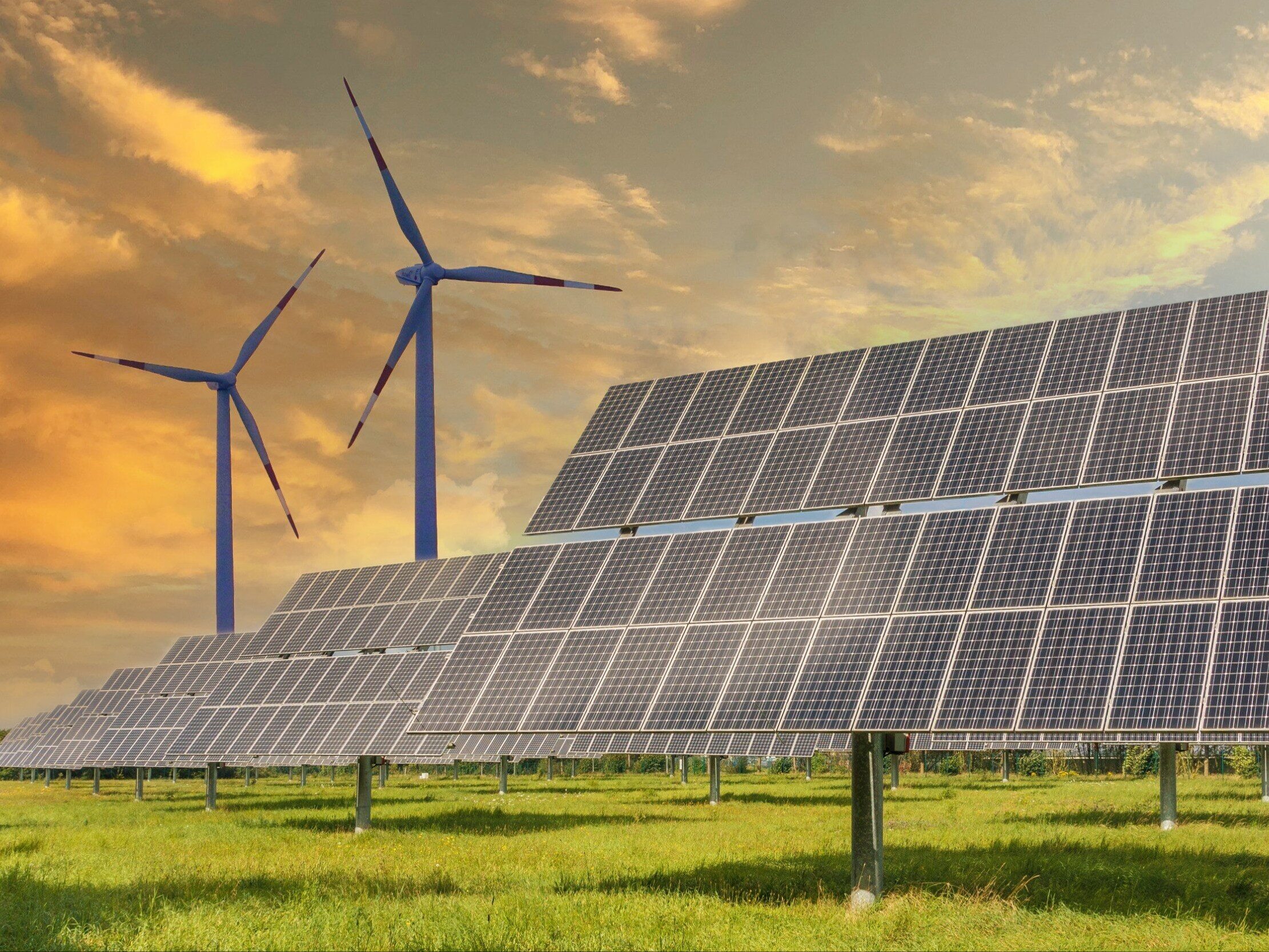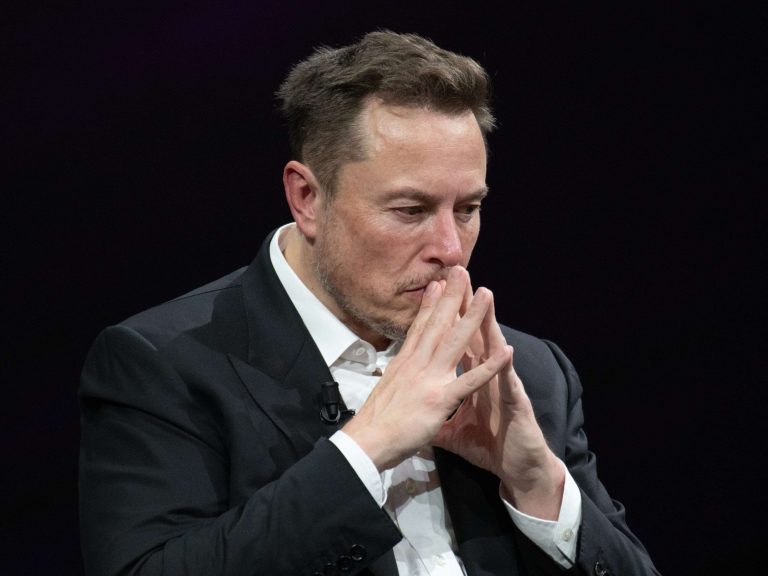Photovoltaics and energy storage will become increasingly cheaper

Heat pumps have good prospects. One of many reasons is the expected drop in prices of photovoltaics and energy storage. The industry sees its opportunities, among others: in the European Union's climate and energy policy and other activities in the field of energy transformation.
The Energy Performance of Buildings Directive (EPBD) is said to be revolutionary for the real estate market. However, it is worth remembering that it was adopted 14 years ago, and currently we are only talking about the second amendment. Its aim is to increase the pace of improving the energy efficiency of existing buildings.
– She assumes, among other things, moving away from the use of fossil fuel boilers by 2040 in all buildings. This is a very short period and a very big challenge. An additional important change will be the transition to zero-emission buildings, both in new buildings and, at some point, deeply thermally modernized buildings, i.e. buildings in which there are no CO2 emissions in the process of heating them – says Paweł Lachman, president of the Polish Organization for the Development of Heat Pump Technology (PORT). PC).
In this case, however, we are not talking only about heat pumps, but also about high-efficiency heating networks and biomass boilers.
The revolution in the approach to the energy performance of buildings is often associated only with the energy policy of the European Union. However, the industry indicates that decisions made in Brussels do not result solely from political ideas. They fit in with global trends set by energy agencies from various parts of the world.
Experts also point out the major changes that will affect investments. Many technologies will become widely used due to the price, which in many cases should relatively drop, and this may be a great incentive to open up to economical and zero-emission solutions.
– We must remember to take a broad approach to transformation, because around 2029–2030 there will be an obligation to install photovoltaics on buildings. In the next five years, photovoltaics and energy storage will become increasingly cheaper, it will be a generally available technology and this direction will be quite profitable – believes the president of PORT PC.
According to the decarbonization schedule, by the end of 2029, every new residential building will be obliged to install photovoltaic panels, whenever possible from the point of view of profitability and technical possibilities. PORT PC predicts that such development of legislation may contribute to increasing the share of renewable energy sources in the EU energy mix.
In this area, what will be important is not so much the discussion about regulations, but primarily about the readiness to meet the requirements. In the case of heat pumps, a big impulse may be the issue of subsidizing fossil fuel boilers, which is to be definitively ended next year.
However, it is not the case that investors will only have heat pumps to choose from. Some competition may come from energy-efficient networks, biomass boilers or hybrid heat pumps. However, there is no doubt that electrification of the heating sector may be the main direction. Heat pump technology is developing very dynamically and in this respect, manufacturers of such solutions have certainly not said the last word yet.
– Heat pump technologies are developing very widely, there are many different types of them, because there are heat pumps that use air and water, ground heat, waste heat, there are various heat transfer technologies, e.g. air-to-air heat pumps or heat of central water heating. Work is underway on new heat pump technologies, which may soon become common, says Paweł Lachman.
The industry has high hopes for the EU document Net-Zero Industry Act. It indicates the direction in which the production of technologies that will contribute to achieving the goals of climate neutrality should be taken. The key sectors mentioned in this document are wind energy, photovoltaics, energy storage, heat pumps and electrolysers for green hydrogen production.
– These technologies are clearly identified as the most important technologies that should be produced in Europe. Analyzes from 2022 indicate that in the field of heat pumps, over 60 percent devices sold in Europe were manufactured in Europe and this was the best result of all five technologies we are talking about – says the president of the Polish Organization for the Development of Heat Pump Technology.
However, global competition does not sleep. Many countries are currently developing their heat pump production, including those outside the European Union. One of them is the United States.
– Europe is doing it too slowly. It is necessary to switch to the production in Europe of these key technologies, which will stay in Europe. There are plans, but the EU regulation, the Net-Zero Industry Act, is still being drafted. However, these activities have been successfully carried out in the United States for over a year, so it is worth speeding up, the expert notes.
In January 2024, a coalition of 19 European organizations, including industry and non-governmental organizations, appealed to Ursula von der Leyen, President of the European Commission, to announce the EC plan for heat pumps. Organizations point out that the delay may threaten Europe's energy transformation. Originally, the plan was to be released in the first quarter of this year. Later, these plans were postponed until after the European Parliament elections.






